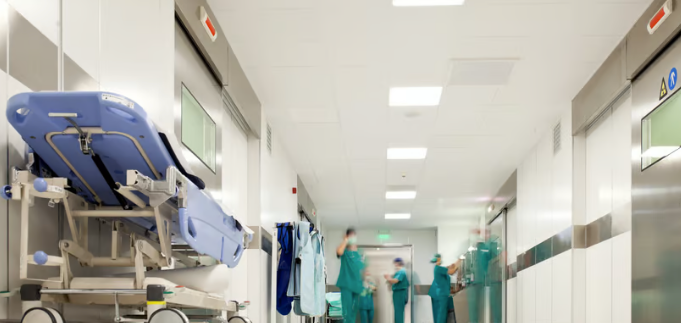
image credit- getty images
India is grappling with a pressing need to enhance infection control standards in healthcare delivery systems, safeguarding both patients and health professionals from life-threatening diseases.
Experts emphasise that the high rate of Hospital Acquired Infection (HAI) in India calls for serious attention and infection control needs to take center stage. Experts have advocated for the adoption of advanced autoclaves for sterilisation and other infection control measures. According to the experts, making the Indian government’s guidelines universally enforceable is also the need of the hour.
As per the National Center for Biological Information (NCBI), a nearly 30% increase in the mortality rate in hospitals can be attributed to poor infection management.
The National Guidelines for Infection Prevention and Control (IPC) in Healthcare Facilities issued by the Ministry of Health and Family Welfare emphasise the importance of cleaning, disinfecting, or sterilising equipment to prevent the transmission of microorganisms between patients and into the environment.
Unfortunately, there is no nationwide legal framework compelling hospitals to adhere to infection control standards, and existing legislation, such as the 2010 Clinical Establishments Act, is not universally enforced.
Experts in the field of microbiology and healthcare have raised their concerns, shedding light on the dire need for comprehensive reforms in infection management within the Indian healthcare system. Surgical instruments used in operation theaters, procedure rooms, and patient wards often fall short of the necessary standards for sterilisation and sanitation, posing grave risks to patients.
A study by a team of researchers at Crescent College of Pharmaceuticals Science, Kannur, Kerala revealed that the highest distribution of HAI was found to be Bloodstream Infection (BSI) (41.80%). The study also concluded that HAIs are a significant risk to medical facilities and one of the most often avoidable negative patient outcomes.
“Advanced autoclaves such as B-class are globally acknowledged as the gold standard for sterilisation in healthcare. They employ high-pressure steam and vacuum technology to effectively sterilize medical instruments, equipment, and materials, targeting resilient pathogens like bacteria, viruses, and fungi, thus reducing healthcare-associated infection risks. Hence, advanced and fast autoclaves have emerged as crucial tools in maintaining infection control and patient safety,” said Karolina Matracka, Director, Enbio Group AG.